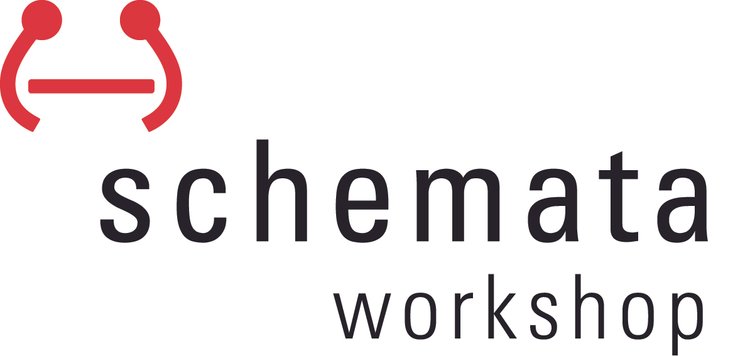Schemata Workshop Founder and Principal Grace Kim has been elevated to the American Institute of Architects College of Fellows, in recognition of her national and international leadership in the profession.
AIA Fellows are recognized with the AIA’s highest membership honor for their exceptional and significant work and contributions to architecture and society. Only 3 percent of AIA members have this distinction.
From her work in the Cohousing movement, to her novel approaches to mentorship, to her tireless efforts both advocating for and designing equitable affordable housing, Grace has displayed a consistent dedication to inclusion through her over twenty five years of practice. Grace’s approach has international reach – inspiring and influencing practitioners, educators, and students alike. The following are excerpts from her application, outlining the three facets of Grace’s leadership.
Advocating for Change from Within the Profession
Grace has framed her professional approach to architecture with inclusion as the core principle. Grace has advocated for underrepresented voices within our profession – whether they be emerging professionals, women, or people of color. She has worked diligently to combat embedded inequities in the practice of architecture by creating an inclusive, mentorship-based model of practice.
For over two decades, Grace has been a vocal advocate for emerging professionals. Her wide-reaching work, from her internationally distributed book, The Survival Guide for Architectural Internship and Career Development, to her development of the innovative Laddership and Speed Mentoring models, has garnered her national recognition and the 2004 AIA Emerging Professionals Mentorship and 2008 Young Architects Awards. Her professional contributions in cohousing, participatory design, and social equity have resulted in Grace being a highly sought-after speaker for national and international conferences and symposia. Her TED Talk on cohousing has reached over 2.4 million viewers worldwide.
Building Bridges between Education and Practice
Creating a more inclusive and equitable architectural profession begins with access. Grace has dedicated herself to removing barriers to entry and providing a path to leadership for women and BIPOC students, beginning in the classroom. By engaging students and youth around the country and the world, Grace provides a model of female minority leadership that makes achievement more tangible.
Women and people of color continue to be underrepresented in architecture, particularly in leadership positions. In 2019, NCARB reported women and minorities respectively comprised 38% and 20% of those finishing core licensure requirements. Grace has experienced this inequity firsthand, and has worked as a critical agent of change. From speaking regularly at regional and national AIAS conferences, to jurying design studios, to providing lectures, tours, and workshops for the Seattle Architecture Foundation (SAF), Grace has built a pipeline for future generations of diverse architects. Grace has inspired and provided a pedagogical influence internationally with courses and studios on cohousing and user-centric design.
Amplifying Underrepresented Voices in the Community
Grace is invested in fostering inclusion in her community as an extension of her service-oriented practice. In Grace’s leadership and advocacy for community-based initiatives, from affordable housing, to anti-displacement efforts, to collective ownership models, she demonstrates an attentiveness to the needs of diverse people, providing them amplification and empowerment.
Over years of service on the Housing Development Consortium Board and as a Seattle Planning Commissioner, Grace has combatted racial disparities, restructured Board recruitment processes, and implemented an equity-based lens for developing planning and policy documents. In industry-wide planning and land-use policy discussions, Grace has been a constant advocate for climate justice and the rights of renters, low income families, and people experiencing homelessness or displacement. Grace has also contributed to the community significantly through her leadership in the global cohousing movement — a collaborative housing model that encourages user-participation through the design and development process.
For more information on the other newly-honored Seattle-based AIA Fellows, click here.
For a full list of the 2021 AIA College of Fellows recipients, click here.
















